
Halloween is almost here, but legions of children descending on your house demanding candy might not be the only scary thing going on in your neighborhood.
You should also be aware of the creepy things that can spell doom for your property value.
From the truly macabre to the merely disconcerting, here are the price killers you can learn to avoid.
1. Death in the house
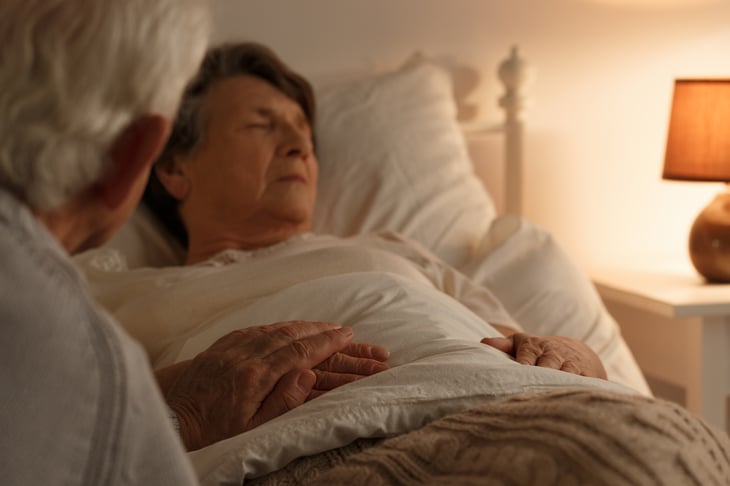
A death doesn’t have to be gory to cause people to think twice about moving into a house. Even natural deaths are enough to creep out some buyers.
Business Insider, polling real estate agents, finds that “a death in the home can make the house hard to sell.” The National Association of Realtors even has a name for this: stigmatized properties.
Does your state require sellers to disclose a death in the home? Not all do. Check your state’s requirements for disclosures during a property sale in your state at legal website Nolo.
2. Ghosts and ghouls
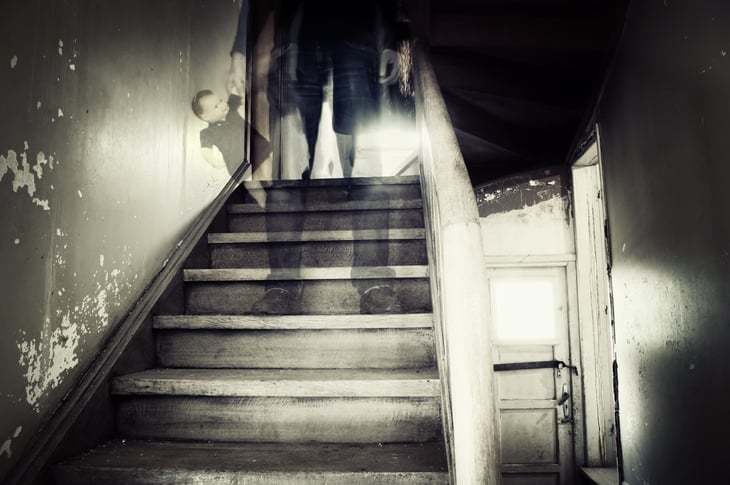
Even if states don’t require sellers to disclose reports of ghostly apparitions, that doesn’t mean people won’t find out about them.
When they do, it could derail a sale, as was the case in a famous 1991 court decision that let a seller back out of a purchase because alleged hauntings were not disclosed.
3. A cemetery nearby
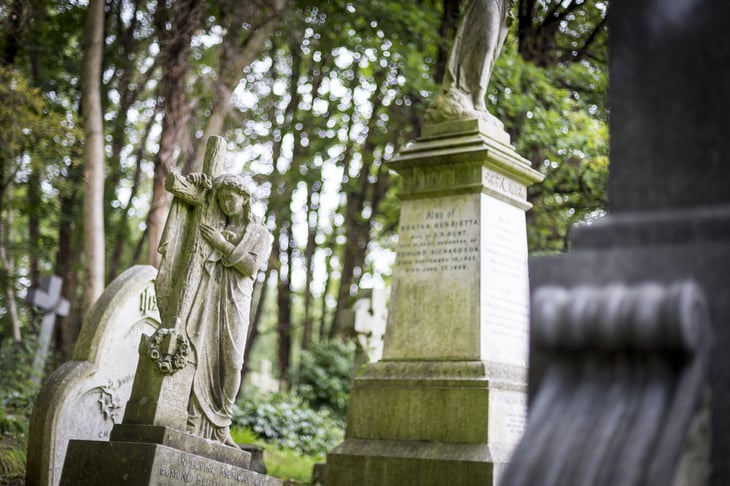
Yes, these neighbors are quiet, but a cemetery nearby can be off-putting to some people.
In fact, the National Association of Realtors found that a nearby cemetery drags property prices down about 12%.
Then again, a study of sales by real estate firm Redfin considered the question and came up with a more complex finding:
“… homes near cemeteries sell for more money, but it may take longer to find the right buyer.”
4. A funeral home in the neighborhood
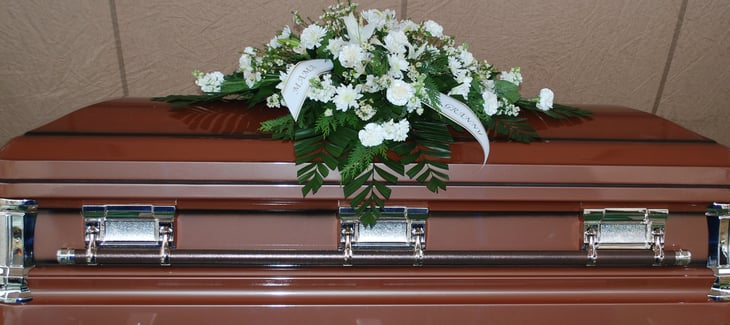
Death, in general, simply doesn’t seem to be good for home sales. Analyzing values of houses near funeral homes, the National Association of Realtors found prices were 6.5% lower than for properties elsewhere in the county.
Some of that may have to do with the traffic they generate, but there could be other factors at play as well. The NAR notes that people may fear that smoke from a crematorium is toxic. Others may worry about negative spiritual energy. Still others may simply find the prospect of living next to a building with dead bodies inside to be the stuff of nightmares.
5. Criminal neighbors
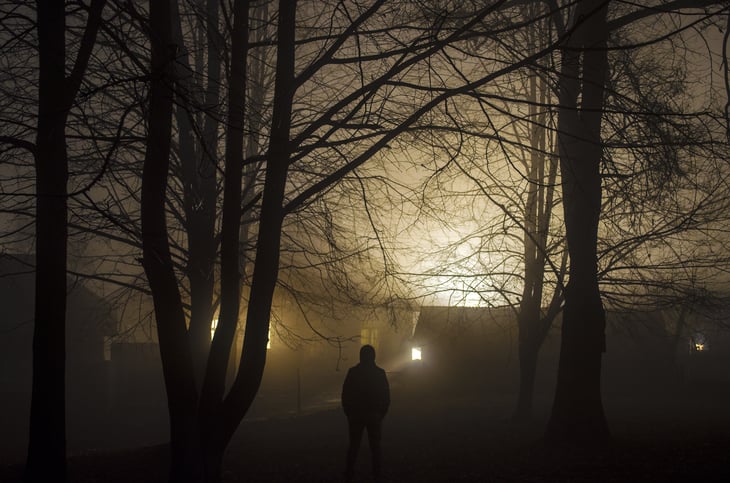
Not only the dead can have a serious impact on housing prices. A neighbor’s criminal record can be bad, too.
Even without a real estate disclosure, potential buyers won’t have much trouble learning about unsavory characters on the block. Thanks to online registries of sex offenders and other criminals, that information is easy to find. The National Bureau of Economic Research estimates that the presence of a sex offender’s residence drops the prices of homes within a tenth of a mile by 4%.
6. Mold in the walls
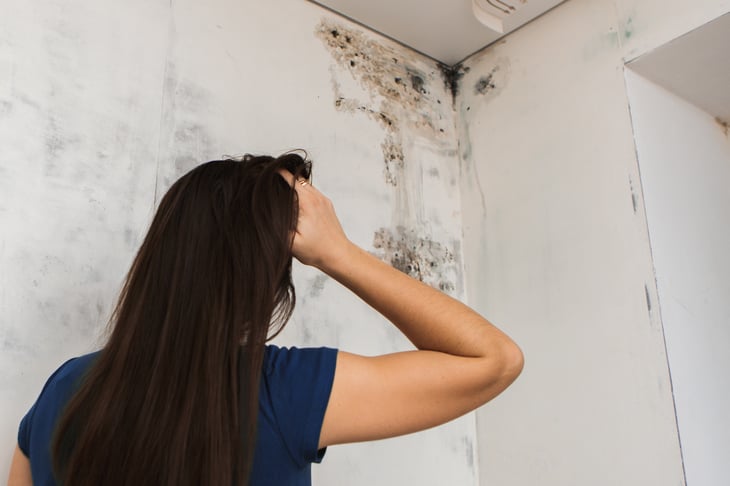
Not all mold is deadly, but there has been enough bad press about toxic mold that buyers would understandably balk at purchasing a home that has any variation of the stuff.
“In some states, real estate agents or brokers have a duty to disclose problems they know about. Likewise, an appraiser should notify you of any obvious sign of a mold problem if it could affect the value of the property.”
7. High-voltage power lines overhead
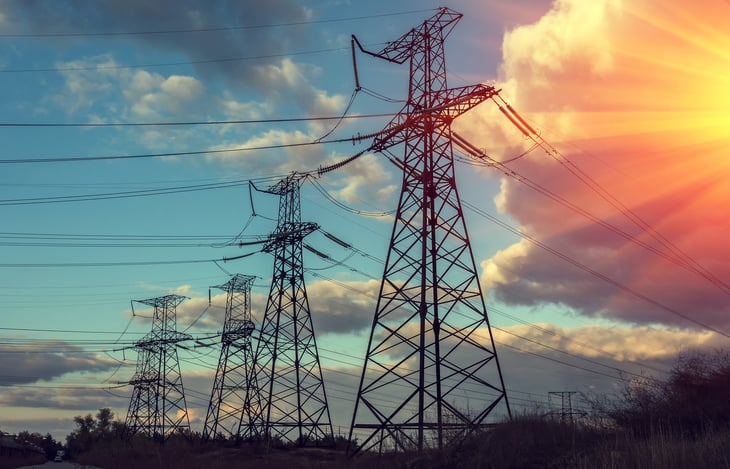
We all like our electricity, but not everyone wants high-voltage wires outside their home.
Realtor.com says that the price of vacant land — typically about 20% of a property’s value — can be depressed by 45% compared with similar land farther from power lines. That drop would create a roughly 9% decrease in a home’s overall value, says Realtor.com, quoting a study published in the Journal of Real Estate Research. Other research, though, disputes the effect.
8. Power plants

The National Association of Realtors says the proximity of a power plant drags down a home’s value by 5.3%, on average. The report says:
“The perceived dangers of living near a power plant vary dramatically depending on type, from the seemingly harmless solar to the dreaded nuclear. In general, having a power plant in the neighborhood is associated with lower property prices.”
9. A creepy house number
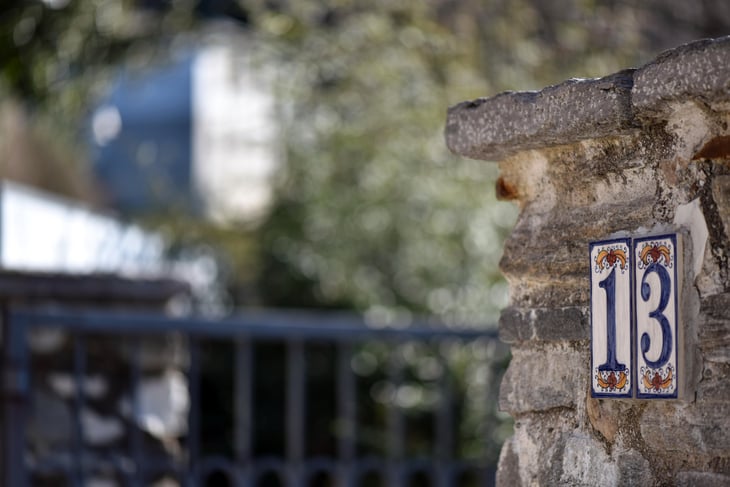
You would think the number on your door would be the least of your worries when selling a house, but unlucky number 13 could cost you some cash with superstitious buyers.
Zoopla found that homes in the U.K. with “13” on the door brought in around $12,273 less than the average home price.





Add a Comment
Our Policy: We welcome relevant and respectful comments in order to foster healthy and informative discussions. All other comments may be removed. Comments with links are automatically held for moderation.